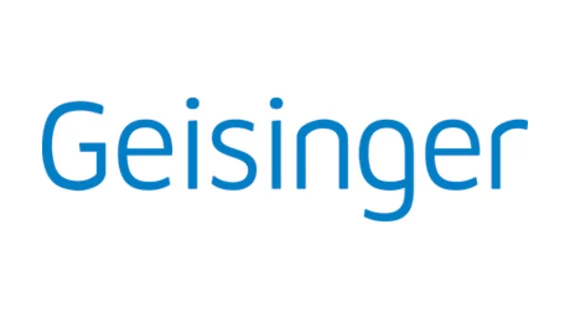Geisinger still wants growth in fee-for-service despite value-based commitments
Pennsylvania’s Geisinger Health System has been hailed as one of the more forward-thinking providers when it comes to adopting value-based care and population health. But a recent statement in a financial report obtained by Axios shows it’s still looking for additional revenue from the fee-for-service model.
In the report, Geisinger touted positive financial results with operating income increasing 38 percent in the first nine months of its fiscal year. Its “strategic plans” still include population health management initiatives through its Geisinger Health Plan, but the following sentence grabbed the attention of Axios: “Geisinger seeks to grow high-acuity, fee-for-service business by increasing penetration for these services in Geisinger’s expanded service area.”
The system’s retiring chief financial officer, Kevin Brenna, said its physicians don’t get paid more for higher admissions. Growth and market share are paramount, however, and he said the system has to reach out to patients which aren’t covered by the Geisinger insurance plan.
As to whether fee-for-service will ever go away, he sounded unsure.
“There's increasing talk about whether the current model is sustainable,” Brennan said. “Can our country really afford this, or do we fundamentally need to undergo some other form of major change? I hear more than whispers of some form of a single-payer. I don't know if that's the answer, but it speaks to the difficulty of operating under conflicting incentive systems.”
Geisinger president and CEO David Feinberg, MD, has previously warned existing healthcare companies need to lead these changes or else an outside force will take charge.
“I think our industry is so screwed up and it’s ripe to be disrupted,” he said at Duke University forum in 2017. “Either we do it or some Stanford dropout in a black turtleneck is going to knock out our whole business.”
Read more at the link below:

